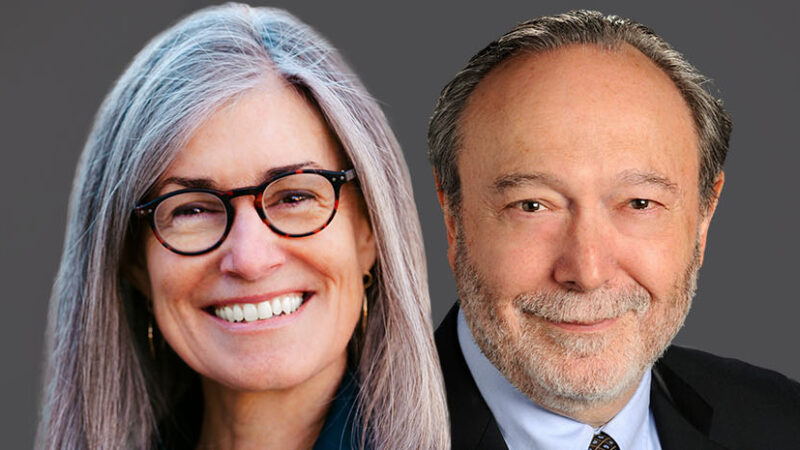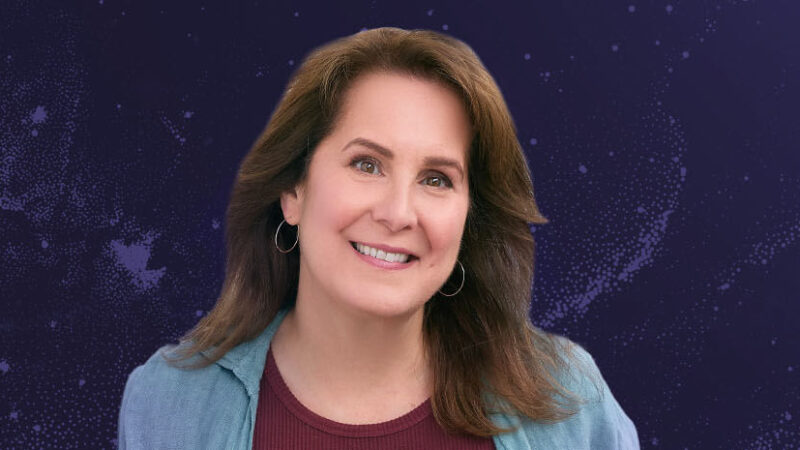Stephen Porges and Karen Onderko: All Healing Begins w...
In every social interaction, we convey signals of trust and accessibility to those around us. In other words, whatever’s happening within your nervous system is seen and felt by others. Dr. Stephen Porges’s groundbreaking Polyvagal Theory has led to a revolution in mental health, showing us that when you bring conscious awareness to your own inner state, you can choose to self-regulate (and ultimately to co-regulate), stop the cycle of fight-flight-freeze, and become a source of empathic connection and mutual safety for yourself and the people in your life.
Join Tami Simon in conversation with Dr. Porges and Karen Onderko, coauthors of the new book Safe and Sound to learn about: the origins of Polyvagal Theory; the minimization of bodily feelings and emotions in mental health care; the evolutionary hierarchy of our brainstem’s survival mechanisms; the concept of co-regulation; the neurobiology of trust; neuroception and the Safe and Sound Protocol (SSP); why the intonation qualities of vocalization are more powerful than the words we say; the amazing vagus nerve; applying the SSP for trauma healing; self-compassion and honoring the body’s wisdom; the transformative potential of a felt moment of safety; how to remain open and accessible without becoming overwhelmed by vulnerability; breathwork, qigong, and other neural exercises that facilitate the social engagement system; and more.
Note: This episode originally aired on Sounds True One, where these special episodes of Insights at the Edge are available to watch live on video and with exclusive access to Q&As with our guests. Learn more at join.soundstrue.com.








